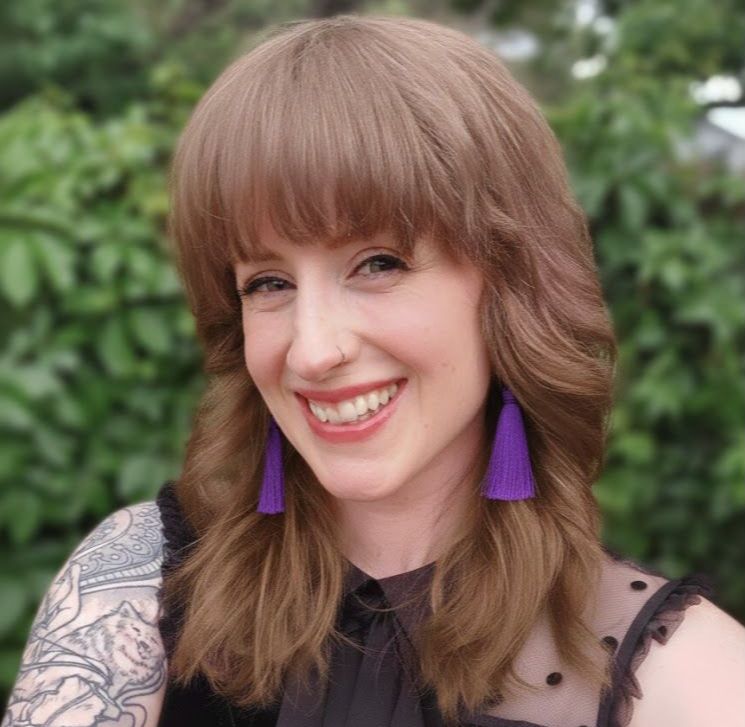Freelancer Finance, Part 3: Why It’s Time to Drop the “Feast or Famine” Mentality
I’ll come right out and say it: I’m not a fan of the term “feast or famine” when it comes to freelancer finance.
All the other terms we use to describe the ever-changing nature of the freelance money cycle—peaks and valleys, rise and fall, ups and downs, ebb and flow, highs and lows—use the word “and,” not “or.” This gives them more of an expansive, forgiving feel, whereas the “or” in feast or famine seems rigid and imposing.
But even though we’re all word nerds here, that “or” isn’t the only reason I’m urging my fellow freelancers to drop the idea of feast or famine. Here are some others:
1. IT’S A MYTH
The main premise behind the feast-or-famine cycle is that, as freelancers, we experience either a feast (a ton of work coming in) or a famine (no work at all). It also insinuates that we don’t have a lot of say in the matter.
I disagree with this on two counts. One, it is very possible to build a freelance business that is always in demand. Two, even an in-demand business will have times of feast or famine, just on a lesser scale.
2. EVERY BUSINESS HAS FEASTS AND FAMINES
Editors who specialize in academic papers will experience a “feast” of incoming clients right before midterms and finals. Editors in the book-publishing world will experience a “famine” period in between assignments from publishers. Editors who work on corporate materials will go through “feast” periods in March, June, September, and December, when quarterly reports need to be edited.
Even the most successful freelance editors have times of the year that would be classified as “famines”—no one wants to work straight through the holidays, for example. And no money coming in equals a “famine” in this construct, even if it’s voluntary.
3. A CONSTANT FEAST ISN’T ALL IT’S CRACKED UP TO BE
Many of the leading online courses and books about freelancing operate on the premise that freelancers want to be completely “booked out.” They use taglines and hooks like, “Be booked out 6 or 12 months in advance!”
I’m not dismissing the desire to have a steady income stream—financial stability is crucial. But while it is possible to build a freelance editorial business that is always busy, always in demand, and always overflowing with clients—i.e., experiencing a constant “feast” of income—it isn’t all it’s cracked up to be. It can be stressful and overwhelming, and it can take a toll on your health and relationships. Is that the freelance business you really want to have?
As with all things, balance is the key to success. Sure, you can strive to be booked out for months in advance if it will help you feel financially secure, but first, be sure to define what being “booked out” really means to you. In my ideal business, for example, being booked out would mean working a maximum of 25 billable hours per week, taking at least two vacations a year, and never working nights or weekends. And, of course, being able to do all this and still earn a great income.
If this sounds too good to be true, it’s time to take a step back and redefine what owning a freelance editorial business means to you. Instead of giving in to the passive idea that you will always have to suffer through the feast-or-famine cycle, focus on what actions you can take, starting today, to build a freelance editorial business that you run, rather than letting it run you.
Next, check out Freelancer Finance, Part 4: Making Sense of Billable vs. Non-Billable Hours.
Have you read the first two posts in this series? If not, check them out now:
Are You Charging What You're Worth?
New to editorial freelancing and feeling like you need to learn all the things? Overwhelmed with projects but not making enough money? Forgoing breaks and vacation time to meet deadlines? My free, 9-lesson course gives you actionable ways to find your ideal freelance rates, say goodbye to the hustle, and build a profitable business that energizes you.



